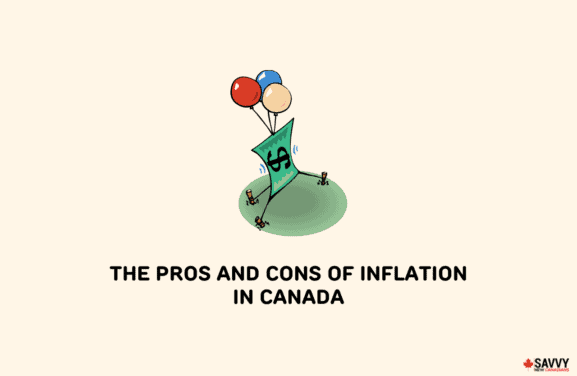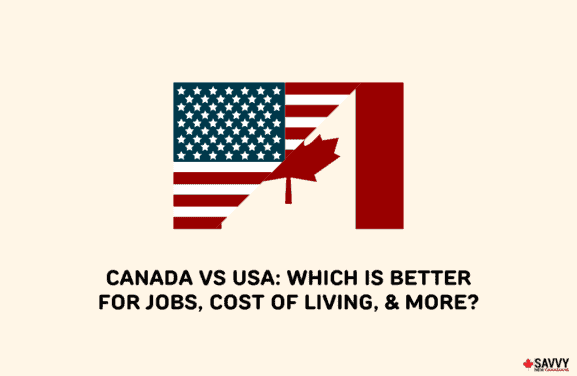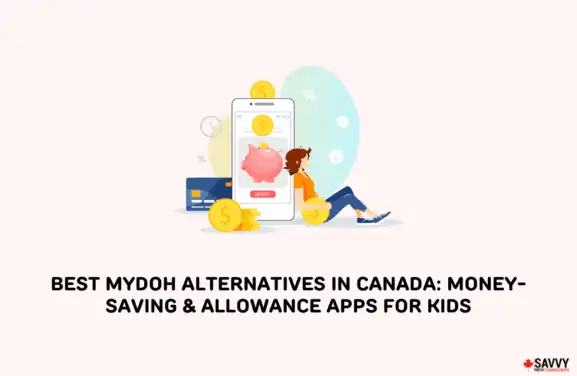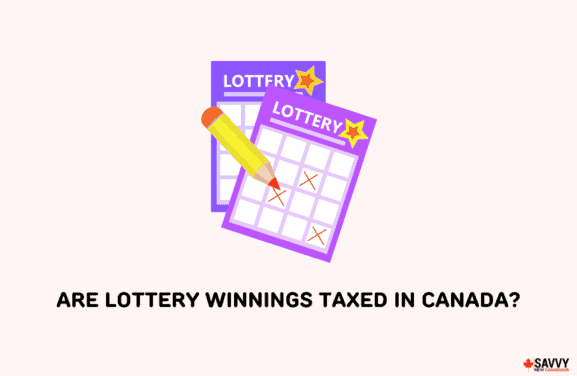In Canada, stipends are monetary allowances meant to cover some basic living expenses for individuals who are pursuing unpaid work.
Despite having similarities to wages, stipends are entirely different from regular salaries.
This article explains stipends in Canada in detail, including how they work, whether they’re taxable, and how to apply for them.
Key Takeaways
- Stipends aren’t meant to compensate for the services or hours you’ve rendered for an institution. They’re only meant to cover some of your living expenses and work-related expenses so you can focus on your existing tasks.
- Stipends are not considered as salary, so they do not need to follow the minimum wage requirements. However, they are considered as taxable income.
What Are Stipends?
Stipends are lump-sum allowances (or reimbursements for work-related expenses) provided to individuals who pursue unpaid work to achieve goals such as expanding their learning, completing internships, and volunteering.
Unlike wages, stipends aren’t direct financial compensation for specific services or hours rendered by individuals. Instead, organizations provide stipends as financial support to recipients who may be too focused on their current pursuits to earn from a part-time or full-time job.
Stipends do not fall under the minimum wage requirements set by provinces, so they’re often relatively less than what one would earn from traditional employment. However, universities or corporations usually provide other benefits alongside stipends, such as free food, discounted rent, and health insurance.
How Stipends Work
How much stipend you’ll get usually varies from one organization to another.
In many cases, such as internships or apprentice programs, stipends are voluntary payments by the institutions you work with. So, you won’t always receive stipends just because you are doing work that’s eligible for them.
One great way to understand how stipends work, though, is to examine the annual stipends of graduate students at universities.
The University of Toronto, for example, provides a base annual stipend of $23,000 to its graduate students in Cell and Systems Biology, along with tuition and fees.
Note: Stipends are not equivalent to wages. Recipients receiving stipends must only be performing work beneficial to their own development and should not replace the roles of actual staff members.
Stipends vs Salary in Canada
Here’s a table that can make it easier to differentiate stipends from salaries in Canada:
| Stipend | Salary | |
| Purpose | Lump-sum allowance to cover some living expenses of the recipient while it focuses on unpaid work relevant to his/her development | Compensation for the hours or services rendered by an individual for their employers varies widely. |
| Paid by | Educational institutions, churches, companies, organizations | Employer of the worker |
| Amount | Varies on a case-by-case basis | Must fall under the minimum wage requirements of the province |
| Taxes | Must be manually reported when filing your tax return | Taxes are automatically deducted by employers from your earnings |
| Duration | Usually, a fixed period (when the program/project ends) | For the entire duration of employment |
Are Stipends Taxable?
Yes, a stipend is taxable. Although it’s not considered a salary in Canada, the CRA still recognizes it as a taxable income.
However, stipend recipients can offset some of their taxes by deducting how much of the stipend was spent directly on expenses related to their work, may that be travel expenses, energy bills or supplies.
After these deductions, only the remaining amount from stipends that weren’t used for eligible deductions is subject to taxes.
How Much You Pay in Taxes
Stipends will simply be added to your total income, so how much they’ll be taxed federally and provincially will depend on your overall annual earnings.
For example, if the stipends are included in the portion of your taxable income that is $55,867 or less in 2024, the federal tax on them would be 15%.
Similarly, the provincial income tax on stipends varies depending on the province in which you reside and your overall taxable income.
How to Apply for a Stipend
Stipends are usually offered voluntarily by universities, institutions, and organizations to eligible recipients. So often, you won’t need to complete an application process to receive them.
However, as mentioned earlier, the way stipends work varies from case to case, so it’s best to ask whoever is in charge whether you can apply for a stipend for the work you’re doing.
Are Research Grants Taxable in Canada?
Yes, research grants are taxable income in Canada. However, only the research grants that exceed the allowable expenses incurred to carry out the research work will be taxed as extra income.
FAQs
Scholarships that are reported on box 105 of a T4A are usually non-taxable. However, this is only the case if the award doesn’t exceed the qualified education-related expenses and you’re pursuing a degree at an accredited post-secondary school.
Live-out allowances are usually tax-free as long as they’re reasonable. Since CRA doesn’t exactly have a standard definition for a “reasonable” allowance, it’s recommended to keep the receipts of expenses related to your living allowances so that you have documentation to support your claim when needed.
Canada doesn’t usually tax scholarships as long as they’re used to cover your education expenses. However, in some cases, specific foreign scholarships must be reported on your Canadian Income Tax and Benefit Return. Canada recommends contacting foreign tax authorities directly to determine the next steps in these situations.
Related:



